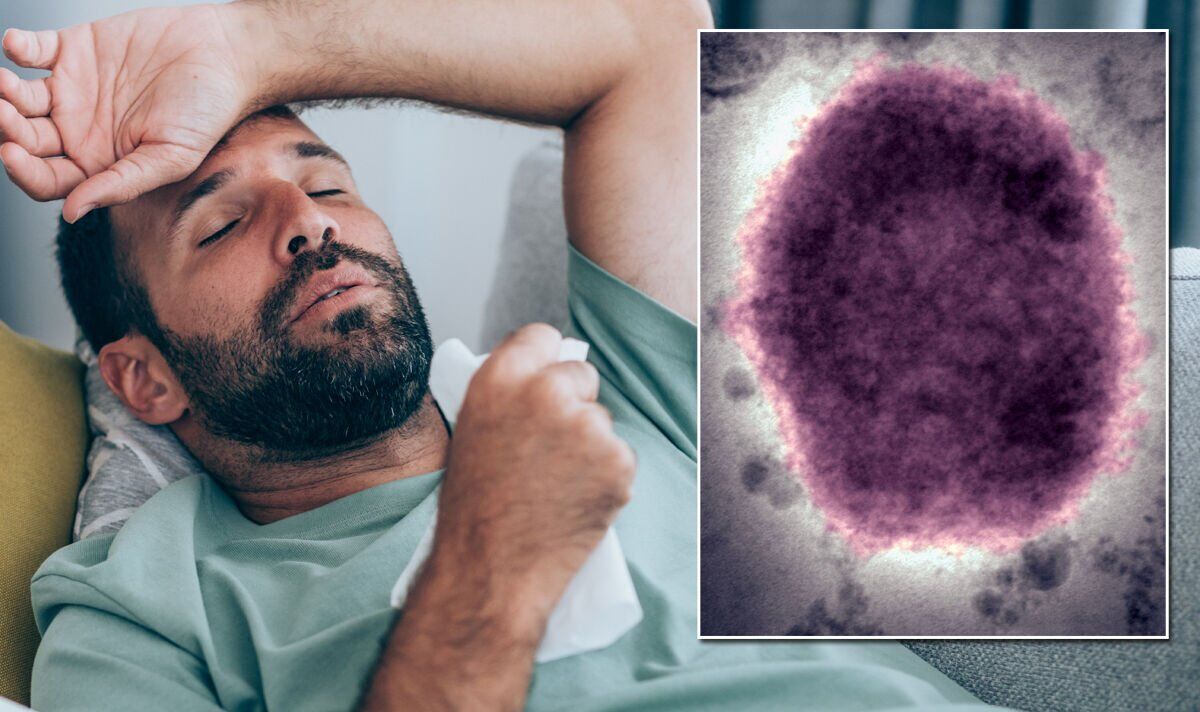Monkeypox: Rare disease explained
We use your sign-up to provide content in ways you’ve consented to and to improve our understanding of you. This may include adverts from us and 3rd parties based on our understanding. You can unsubscribe at any time. More info
Spain and Portugal have announced suspected and confirmed cases of the disease, adding to a growing list of nations affected by the outbreak. The UK Health Security Agency (UKHSA) is conducting investigations to establish the links between the latest cases, which are believed to have originated in the South East of England. The body has said local communities should be alert to unusual rashes or lesions on any part of their body.

Jennifer McQuiston, deputy director for the Centre for Disease Control and Prevention’s division of high consequence pathogens and pathology, said: “Given that have seen now confirm cases out of Portugal, suspected cases out of Spain, we’re seeing this expansion of confirmed and suspected cases globally, we have a sense that no one has their arms around this to know how large and expansive it might be.
“And given how much travel there is between the United States and Europe, I am very confident we’re going to see cases in the United States.”
The majority of cases confirmed to date have been in men who are gay, bisexual, or who have sex with other men, triggering suspicions cases may have been passed on during sex.
The disease, however, is not normally sexually transmitted and can be spread through contact with clothing, bedding or towels.
READ MORE: Monkeypox: The five main symptoms to spot and how to reduce your risk – pharmacist
Officials announced on Wednesday [May 18] that Spain and Portugal had detected more than 40 suspected cases of the infection.
Both outbreaks, they said, were concentrated in the nations’ capitals; Madrid and Lisbon.
In a statement, Spanish Authorities explained that 23 “possible cases of monkeypox” had been detected in the Madrid region.
All cases are believed to have been transmitted through sexual contact, but propose are underway to confirm this.
The announcement came days before two more cases were identified in the South East of England, where the majority of UK infections have been confirmed.
Most of these diagnoses have been based in London, prompting health authorities to stock up on treatment in case infections rise further.
Professor Kevin Fenton said treatment for monkeypox includes vaccines and antiviral agents.
He added: “We’re watching closely to see how this spreads over the next week or two and then we’ll get a better sense of how to protect and plan for the month ahead.”
Source: Read Full Article
